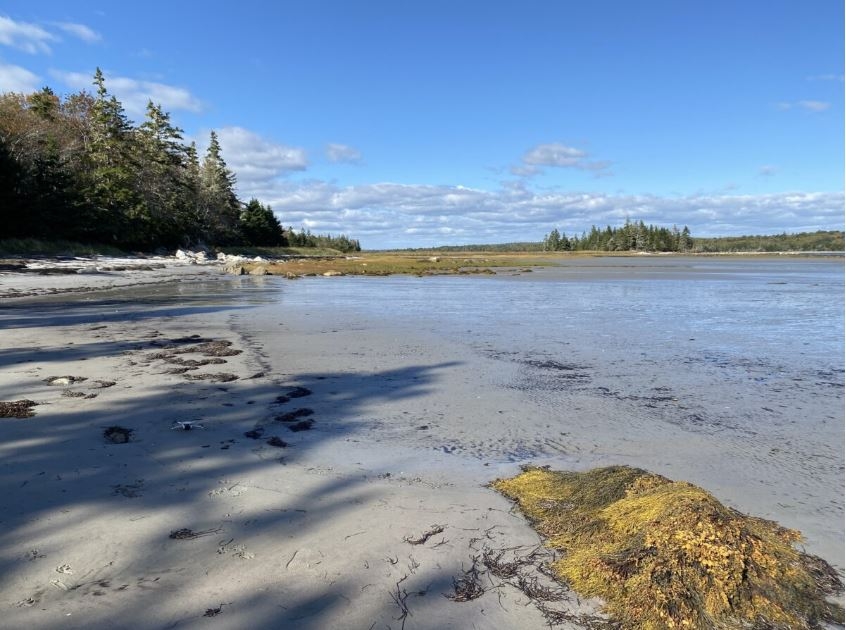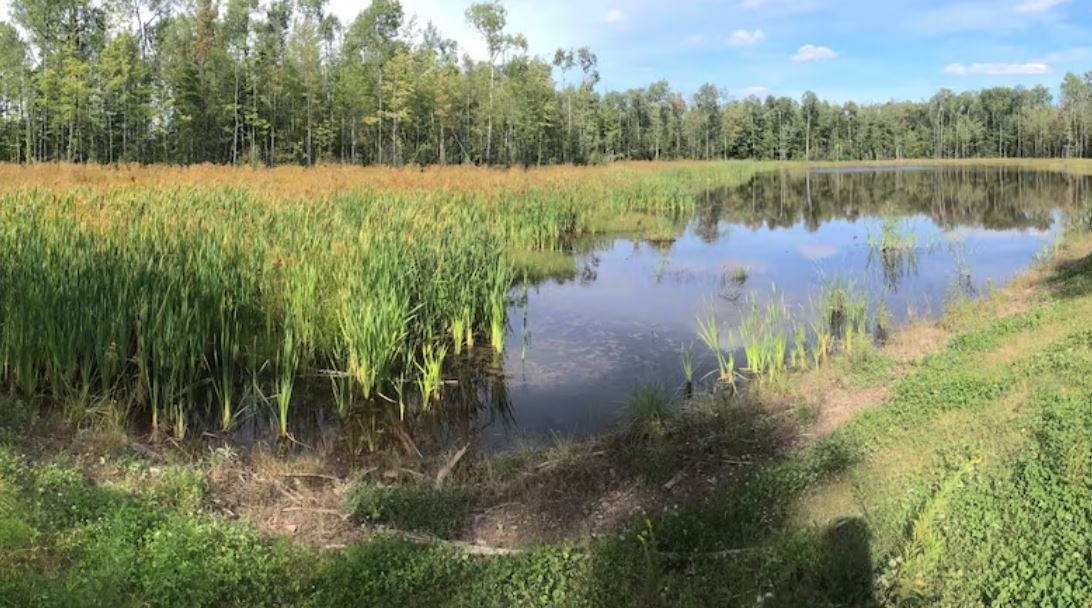Integrated land use
Content related to: Integrated land use
New Conservation Effort Preserves Two Salt Marshes in Nova Scotia

Ducks Unlimited Canada (DUC) has secured two salt marshes along Nova Scotia’s South Shore, enhancing coastal protection and wildlife habitat. The Melbourne Lake and McLean’s Lake Road salt marshes, located near significant conservation areas, contribute to the province’s efforts to preserve its shrinking coastal wetlands.
Nova Scotia has lost 60 percent of its salt marshes to development, making conservation efforts increasingly vital. These wetlands provide essential habitat for migratory birds and act as natural buffers against storm surges and sea-level rise.
Wetland Restoration for Endangered Species Recovery - A Multidisciplinary Case Study of Big Meadow Bog, Brier Island, Nova Scotia
New Insights into Distinguishing Temperate Deciduous Swamps from Upland Forests and Shrublands with SAR
Webinar - Wetlands as Fast-Acting and Sustainable Natural Climate Solutions
Moncton Effort to Protect Waterways from Road Salt Gets Encouraging Results

A Moncton project to reduce the salt and sediment reaching waterways from a city snow dump is showing positive results, according to Ducks Unlimited Canada.
There has been an increase of about 20 per cent in water quality since the creation of a new wetland to filter pollutants from snow melt, said Adam Campbell, the Atlantic manager of operations for the conservation group.
"It was quite acceptable not that long ago to dump the snow right into rivers and right into the bay," Campbell said.
But that's changing.

